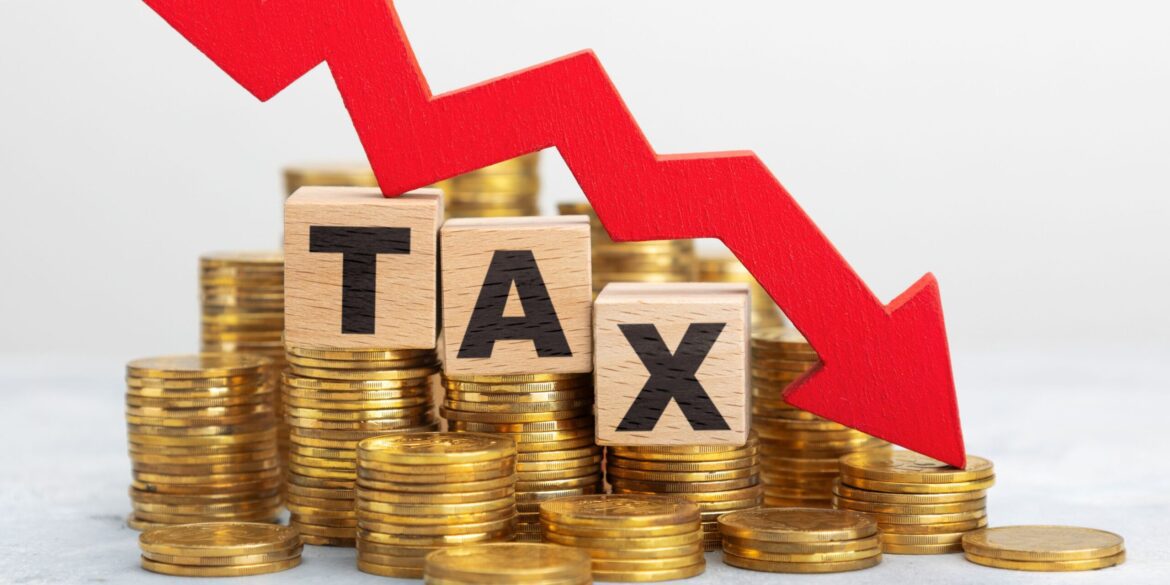Phoenix, AZ, USA – On February 7, 2023, Arizona Governor Doug Ducey, alongside State Senate President Warren Petersen, unveiled a sweeping tax cut proposal aimed at providing relief to middle-class families and small businesses. The proposal, which includes reductions in both income and corporate taxes, is positioned as a way to bolster economic growth, reduce the cost of living, and attract new business to the state.
The plan calls for a reduction in the state’s individual income tax rate by 20%, with particular emphasis on benefiting families earning between $50,000 and $150,000 annually. In addition, the proposal seeks to lower the state’s corporate income tax rate from 4.9% to 3.5%, encouraging companies to invest in Arizona and expand their operations within the state. Governor Ducey emphasized that the cuts would “put more money in the pockets of hardworking Arizonans,” citing the state’s budget surplus as a key factor in funding the tax reductions.
The proposal has received widespread support from conservative lawmakers and business groups, including the Arizona Chamber of Commerce. According to a poll conducted by the Arizona Republic, 65% of Arizonans support tax cuts, with a majority of Republicans and independents backing the plan. Many business owners have expressed optimism that the proposed tax cuts will help reduce operating costs and allow for reinvestment in their companies.
Economic analysts have generally viewed the proposal positively, arguing that it could stimulate job creation and attract new businesses to the state, helping to boost Arizona’s economic recovery in the wake of the pandemic. According to the Arizona Business Coalition, lowering the corporate tax rate will enhance Arizona’s competitiveness relative to neighboring states and other regions with more favorable tax climates.
However, critics of the tax cut plan, particularly from the Democratic side of the aisle, argue that the cuts disproportionately benefit higher-income earners and large corporations. State Senate Minority Leader Rebecca Rios voiced concerns that such cuts would result in reduced funding for public services, including education, healthcare, and transportation, areas that have seen funding gaps in recent years. “This is another example of trickle-down economics that only benefits the wealthy, while essential services suffer,” Rios stated.
Public sentiment on the proposal is mixed, with strong support from conservative voters and more skepticism from progressives, who question the long-term fiscal sustainability of the plan. Media coverage has also reflected this division, with conservative outlets framing the tax cuts as a much-needed stimulus for Arizona’s economy, while liberal outlets focus on the potential harm to public infrastructure and services.
As the proposal moves through the legislative process, it is expected to spark a heated debate, particularly as Arizona’s budget and fiscal priorities continue to be scrutinized in light of the pandemic’s long-term economic effects. The debate will likely be a central issue in the 2024 state elections.

